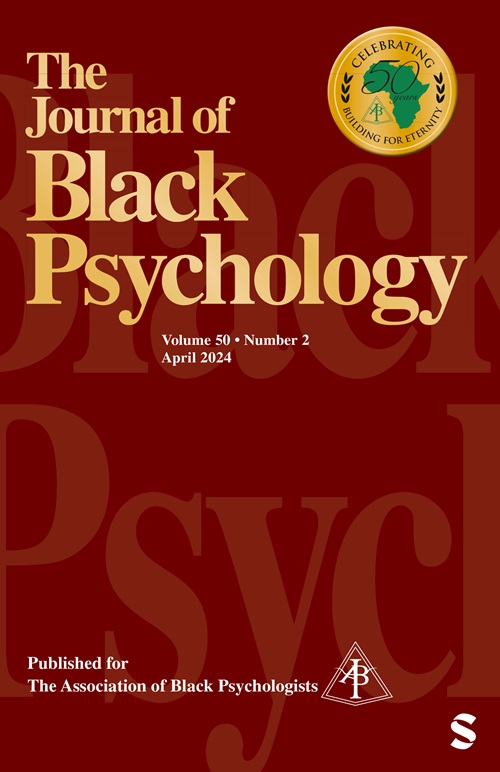对奴隶制后创伤和奴隶制后成长的心理学和历史分析:它们是可行的建构吗?
IF 2.2
3区 心理学
Q2 PSYCHOLOGY, MULTIDISCIPLINARY
引用次数: 0
摘要
大约在 20 世纪之交,两位社会学家 W. E. B. Du Bois 和 E. Franklin Frazier 分别撰写了描述奴隶制遗产的叙事文章。杜波依斯记录了奴隶制明显的负面影响,以及许多前奴隶在解放后短时间内实现 "提升 "的方式。弗雷泽声称,脱离奴隶制的前奴隶是一个破碎和受损的群体,急需同化。20 世纪 30 年代,当黑人心理学家进入这一领域时,他们的贡献倾向于支持和扩展弗雷泽的工作,从而产生了一系列记录种族自我憎恨和自我概念受损的研究。乔伊-德格鲁伊(Joy DeGruy)受到当代生物学和家谱学研究的启发,这些研究表明,创伤可以嵌入 DNA 结构并代代相传,因此她提出了大多数非裔美国人患有创伤后奴隶综合症(PTSS)的理论。德格鲁伊的理论中没有提到关于创伤如何导致积极心理结果或创伤后成长(PTG)的理论和研究。本著作试图总结创伤后综合症和创伤后成长的理论和研究,因为它们都可能适用于奴隶制心理遗产的分析。本文章由计算机程序翻译,如有差异,请以英文原文为准。
A Psychological, Historical Analysis of Post-Slavery Trauma and Post-Slavery Growth: Are They Viable Constructs?
Around the turn of the 20th century, two sociologists, W. E. B. Du Bois, and E. Franklin Frazier, produced separate narratives depicting the legacy of slavery. Du Bois documented both the apparent negative consequences as well the way many ex-slaves achieved “uplift” within a short period of time, following Emancipation. Frazier claimed that exiting slavery the ex-slaves were a broken and damaged community in dire need of assimilation. In the 1930s, when Black psychologists entered the picture, their contribution tended to favor and extend Frazier’s work, resulting in a series of studies documenting racial self-hatred and damage to the self-concept. Inspired by contemporary biological and genealogical research showing trauma can become embedded in DNA structures and transmitted from one generation to another, Joy DeGruy theorized that most African Americans suffer from a Post-Traumatic Slave Syndrome [PTSS]. Missing from DeGruy’s theorizing was mention of theory and research on the way trauma can result in positive psychological outcomes or Post-Traumatic Growth [PTG]. The current work attempts to summarize theory and research for both PTSS and PTG, as each may apply to an analysis of the psychological legacy of slavery.
求助全文
通过发布文献求助,成功后即可免费获取论文全文。
去求助
来源期刊

Journal of Black Psychology
PSYCHOLOGY, MULTIDISCIPLINARY-
CiteScore
8.00
自引率
5.80%
发文量
22
期刊介绍:
The Journal of Black Psychology publishes scholarly contributions within the field of psychology toward the understanding of the experience and behavior of Black populations. This includes reports of empirical research and discussions of the current literature and of original theoretical analyses of data from research studies or programs. Therefore, the Journal publishes work in any of the areas of cognition, personality, social behavior, physiological functioning, child development, education, and clinical application, in addition to empirical research and original theoretical formulations outside traditional boundaries, all integrated by a focus on the domain of Black populations and the objective of scholarly contributions.
 求助内容:
求助内容: 应助结果提醒方式:
应助结果提醒方式:


